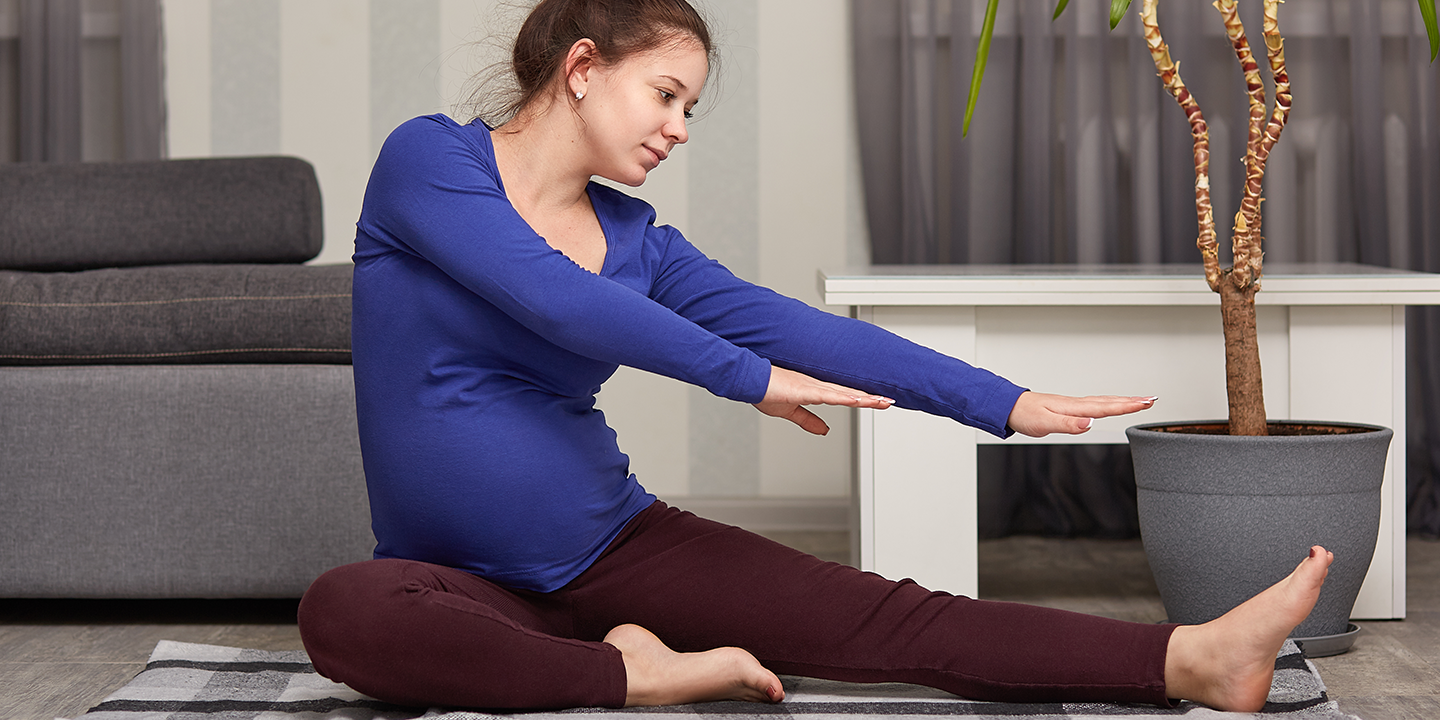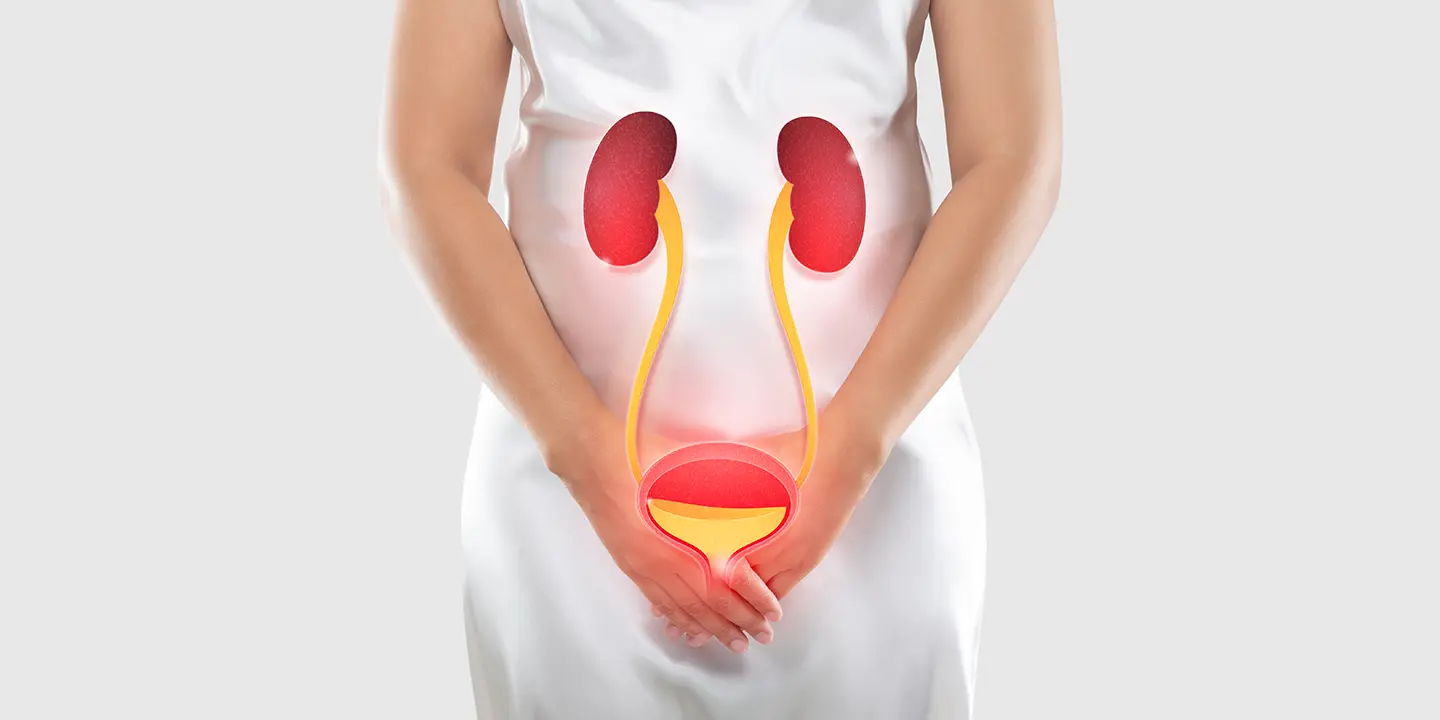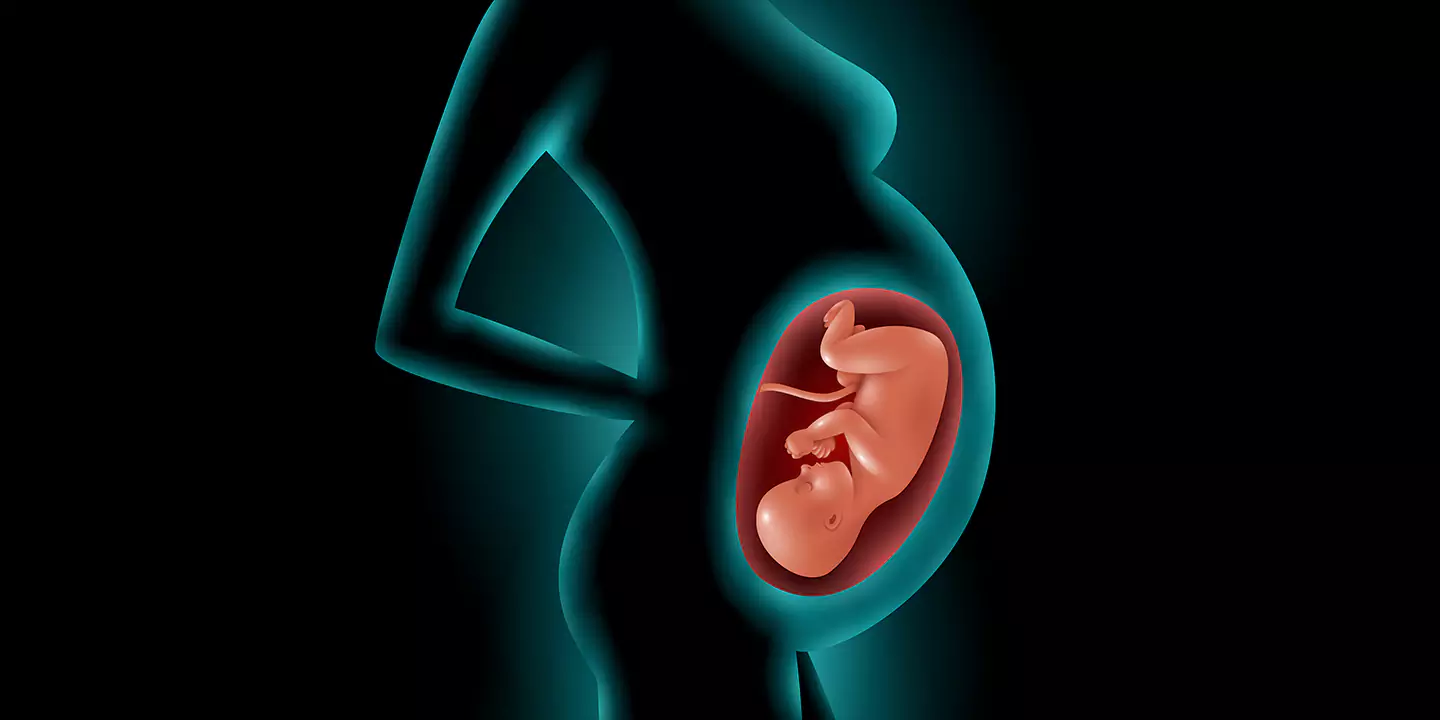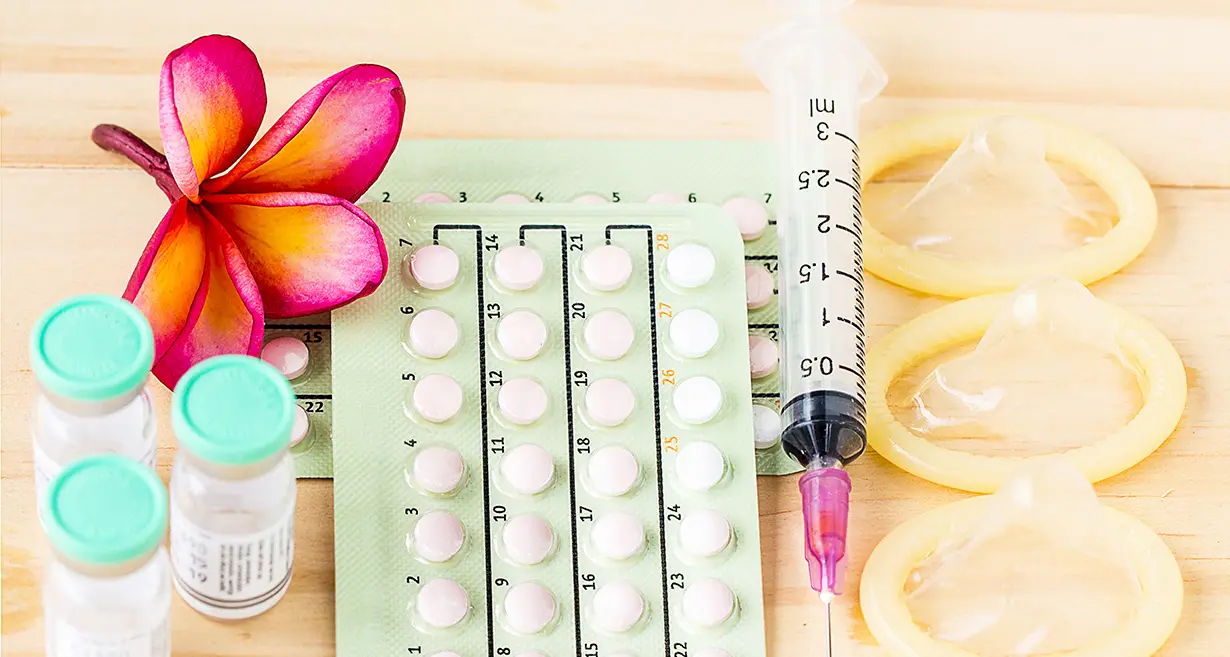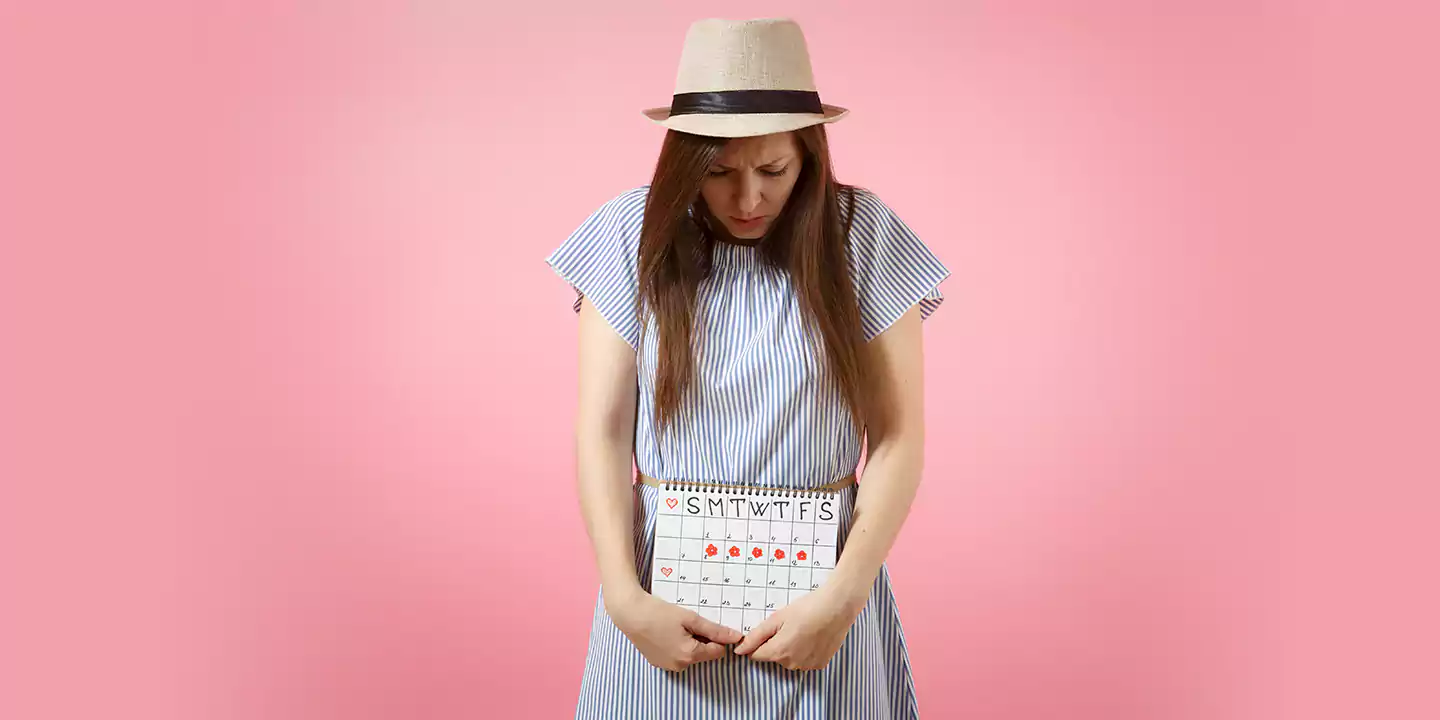
Risk content: Contraceptive pills, commonly known as birth control pills or simply called as pills, are a method to prevent unwanted pregnancy by blocking the union of sperm and egg. It is considered the highly effective way to prevent pregnancy which is the primary purpose of contraceptive pills. The pill also lowers the risk of specific issues related to the reproductive system like uterine and ovarian cancers, acne, migraines, and endometriosis. It is necessary to discuss it with your gynecologist as they will prescribe the pill as per the women’s health and family medical history. Your gynecologist will prescribe the pill and also tell you about the right use of contraceptive pills. Birth control pills are 99 percent effective in preventing pregnancy when prescribed and used properly.
In this Article
Birth control pills – what are they?
Birth control, also called contraception, is a method, medicine, or device that is used to prevent pregnancy. The type of birth control depends upon the health of women, as some work better than others at preventing pregnancy. Your gynecologist will help you with that. Birth control only works when used appropriately; thus, it is necessary for everyone to understand what birth control is first and how it works. Women who are sexually active and don’t want a baby must use birth control pills. Birth control pills are daily pills that should be taken on a regular basis and contain hormones to change the way the body works and prevent pregnancy. Hormones are chemical substances that control body organ functioning, and in this case, the hormones in the pills effectively control the uterus and ovaries. Birth control pills :
- Stops ovaries from releasing eggs and thickens the cervical mucus that keeps sperm from fertilizing the egg.
- These pills come in two primary forms.
- In general, combination birth control pills are more effective than progestin-only birth control pills. However, both pills require a prescription from your gynecologist.
How do birth control pills work?
A woman gets pregnant when an egg released from their ovary is fertilized by the sperm. Then that fertilized egg attaches to the womb, which is the uterus, where it develops into a baby. Hormones in the body control the release of the egg, called ovulation, and prepare the body to accept the fertilized eggs. Here the purpose of birth control pills will be cleared. Their pills contain small amounts of human-made estrogen and progestin hormones that inhibit the body’s natural hormones from preventing pregnancy in many ways. The contraceptive pills stop the body from ovulating and change the cervical mucus, making it difficult for sperm to find an egg. There are many types of contraceptive pills available in the market, and to know what is the best contraceptive pill for you, visit the export gynecologist.
Types of contraception
1. The Pill
If you are confused about what type of birth control there is, you should know that there are many options. These options range from daily use methods like birth control pills to long-term approaches like IUDs which can be placed for several years. There are mainly two birth control pills types:
a. Combination of birth control pills
It contains estrogen and a form of progesterone and progestin. There are wide varieties of combination pills to choose from, and it depends upon how you want to have periods and the dose of hormones that suits you. These pills come in different mixtures of active and inactive pills, depending on how you want to have periods. There are two types of packs listed below:Conventional packs contain 1 active pill and 7 inactive pills, or 24 pills and 4 inactive pills. Bleeding occurs every month when you take the inactive pill type. Continuous dosing packs contain 84 pills and 7 inactive pills. Bleeding occurs only four annually during the time when you take the pill.
b. Progestin-only pills, popularly known as the mini pill
It is another pill that only contains progestin and does not offer as many choices as combination pills give. Every pack of mini pills contains the same amount of progestin, and all are active pills. The dose of progestin is also lower than in combination pills.
However, of the two, progestin-only birth control pills are more effective if used correctly. If you are unaware of what does birth control do, then the pills work by preventing ovulation so there will be no egg for sperm to fertilize. It thickens the cervical mucus so that sperm cannot travel to an egg easily. These contraceptive pills must be taken 99 percent daily as prescribed by your gynecologist. The pills come in diverse packings, i.e., from 21 days packs to 9- days packs. Your gynecologist will discuss this with you and tell you which option is best.
2. The shot or Depo -Provera
It is another way to prevent pregnancy for three months, and the shot contains high-dose progestin to prevent ovulation. It makes the cervical mucus thicker to prevent sperm from reaching the egg. In most cases, gynecologists or doctors will give you the shot quarterly, but in a few cases, you may be able to bring the shot home and give it to yourself. However, the shots are also 99 percent effective if used ideally.
3. Birth control implant
Another contraception method, Nexplann, is a small rod the size of a matchstick placed into the upper arm. It releases progestin to prevent pregnancy for about three years. This implant is done by an expert and trained doctor and can also be removed as and when you want to get pregnant.
4. Vaginal ring
The vaginal ring also contains both progestin and estrogen and is a small ring that a woman wears inside her vagina, and the hormones work to prevent ovulation and pregnancy. These are also effective in preventing pregnancy if used appropriately, and you need a prescription to get them.
5. The patch
It is another option for contraception that also releases estrogen and progestin, but through a patch worn on your stomach, back or buttocks, etc., there is a need to change the patch in a week and have your periods. The patch is also effective in controlling pregnancy and is used ideally.
Contraceptive pills are best- their benefits.
You need to understand what the contraceptive pill does and what is best in it. If you follow the instructions of the gynecologist and use the birth control pill correctly, then it will give you excellent protection against pregnancy. You must stick to a proper and regular pill routine and ensure you start your new pack on time. If you kiss or forget to have it, it will not work as it should. You can also make use of condoms along with birth control pills to get extra protection from pregnancy. There are many benefits of pills, too, that makes them the best option for birth control :
- Offer health benefits
Contraceptive pills offer many other health benefits besides pregnancy prevention which is the primary purpose of contraceptive pills. Both combination and progestin pills reduce menstrual cramps, lighten heavy periods, and reduce the risk of ectopic pregnancy. The combination pill help to reduce or prevent
- Bone thinning
- Acne
- Cysts in breast and ovaries
- Iron deficiency
- Severe infections in ovaries, uterus, or fallopian tubes.
- PMS
- Pills make periods better.
Many women like the pill because it helps to make periods regular and easy to predict; the hormones in the pill reduce menstrual cramps and also help to make periods lighter. You can use pills to safely skip your periods which is more convenient for those who wish to attend a special occasion and to be period free.
- Get pregnant by the time you stop consuming the pill.
The best part of consuming pills is that when you stop consuming them, the use of the contraceptive pill is finished, and you can get pregnant right away when you stop taking it. It can take a few months for your periods to return to a regular cycle after you stop taking pills. Even if regular periods do not come back then, also you can get pregnant.
- The pill is very convenient.
Consuming contraceptive pills regularly is easy, but remembering to take them every day can be challenging for some people; pill packs are small, and it is more convenient to carry them wherever you go. You can use the timer to remind you with an alarm to take pills daily.
- Pill decrease acne and excessive body hair growth
Birth control pills help with hormonal acne and body hair growth as well. Per experts, androgens, male sex hormones, are the reason for acne as it triggers oil glands in the skin, and pills decrease androgen levels which tend to improve both acne and abnormal hair growth.
- Pill help to treat PCOS, PMS, and PMDD
The pills can treat many medical health issues, including polycystic ovary syndrome, a condition diagnosed in women with irregular periods, lack of periods, or signs of excessive male hormones. It also helps in testing or managing mood change from PMS and PMDD, which is the more extreme version of PMS caused by hormonal fluctuations in women. Taking birth control has fewer PMS symptoms as well.
How to begin birth control pills?
If you want to begin birth control pills, then it is best to ask your gynecologist before you start. They will help you to discuss all what birth control pills are and what the usage of contraceptive pills is. Taking pills as directed is effective the first month you begin taking them. To be safe, the gynecologist will also recommend you to use another form of birth control, like condoms, during the first month. It is vital for you to visit your doctor before you start taking your pills. When deciding what birth control type is best for you and is suitable for your doctor, you may ask yourself many things. Before telling you what is best for you, there are many different factors to consider:
- Do you want to have children someday, and How soon do you want them?
- Do you have any significant health conditions?
- How often do you indulge in sex with your partner?
- Do you have multiple sex partners?
- Do you want protection from HIV or diseases related to sexual activity?
- How well does the birth control method work?
What are the side effects of pills?
The choice of contraption is individual for every woman. Some may have medical conditions that prevent them from the usage of contraceptive pills, while other women may be at higher risk for side effects and cannot take them. There are some side effects or cons of using the birth control pill. Women should know all the p[orblems related to it and discuss them with their healthcare provider or expert gynecologist. There are few side effects of birth control pills; however, they are not severe but temporary. Some are listed below :
- Swollen breasts
- Nausea
- Spotting
- Lighter periods
- Mood changes
- Mild headache
- Vaginal irritation
- ectopic pregnancy
- uterine infection or puncture
Who should avoid taking birth control pills?
Contraceptive pills can be taken safely by women. However, they are not recommended for women over 35 years of age or who smoke. If you don’t smoke, you can take the pills until menopause; if you have any of the below-listed conditions, then you should not take birth control pills :
- If you have blood clots in your legs, arms, or lungs
- If you have a severe heart condition or else liver complications
- If you have cancer of the uterus or breast
- If you have a high BP
- Bad diabetes
- Bad liver disease
- Kidney disease
How much time will it take to get pregnant after stopping to take birth control pills?
You can get pregnant within one to three months of stopping taking a combination pill that has estrogen and progestin. But most women can get pregnant in a year. As per one study, women who took the birth control pill for more than four to five years were more fertile than those who used it for two or less than two years. On the other hand, if you consume “minipill,” you can get pregnant after days or weeks when you stop taking them. This is because the mini pill does not stop ovulation the way pills with estrogen do and react.
How Queen’s Gynaecology can help you with birth control pills?
Birth control pills are the first choice for every woman to prevent pregnancy. It is considered the best method to avoid pregnancy and is safe. Still, you need to discuss it with your expert gynecologist because taking inappropriate contraceptive pills can lead to irregular menstrual bleeding and may also delay contraception when women want to get pregnant. At Queen’s gynecology, they believe in handling all types of pregnancy-related issues. They have a team of highly experienced maternity doctors to handle all kinds of conditions. They help you by solving all your queries regarding what types of birth control are and what is best for you. They firmly believe that becoming familiar with a patient’s current and past physical condition enables them to meet all your needs and help you deal with them. Queen’s Gynecology was created to offer a platform where women can discuss and treat their gynecological and sexual health conditions unbiasedly and unreservedly.
Conclusion
If you are still confused about what the contraceptive pill does? Then remember that the pill is birth control; you don’t have to think about it during sex. If you take the pill appropriately, you are protected from pregnancy daily. Many people also say from their personal experience that the pill makes their sex lives better because they do not feel any kind of interruption or tension during sex in terms of pregnancy. You need a prescription from your gynecologist to get birth control pills. Queen’s gynecology is there to help you with all details regarding many health issues.
FAQs
No, there are two types of pills, and each is slightly different from another. Your doctor will help you find what is the best contraceptive pill for you.
It is best to make a routine with our pill taking as it will help you to remember on time. You need to get into a regular routine of pill-taking.
It is the safest and most effective form of contraception because it gives higher protection against pregnancy when taken appropriately.
Contractive pills do not affect your fertility; thus, you can get pregnant right after you stop taking them.
No, pills do not protect against sexually transmitted Diseases. Couples who are regularly indulging in sexual activity should always use condoms with the pill to stay protected against STDs to prevent pregnancy.


